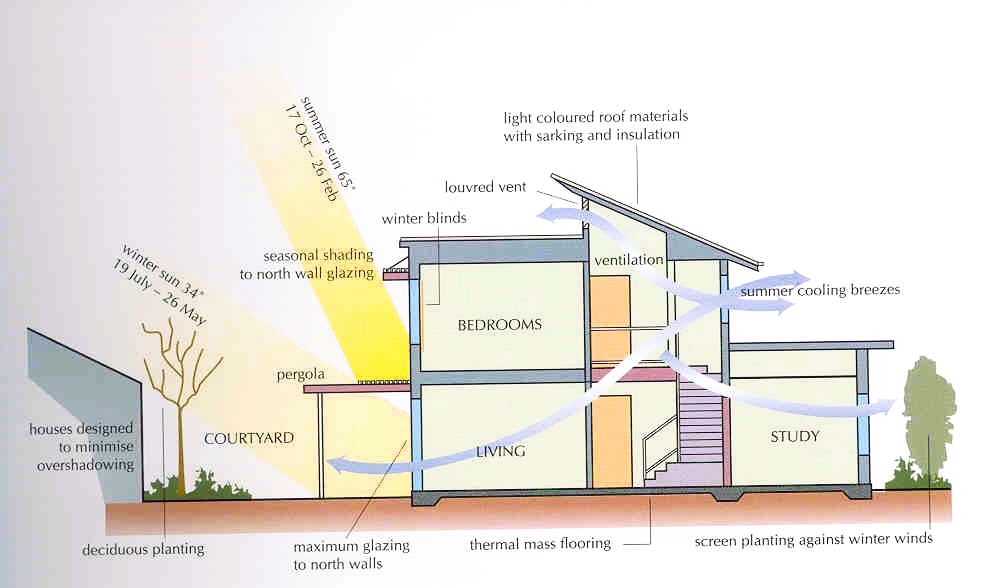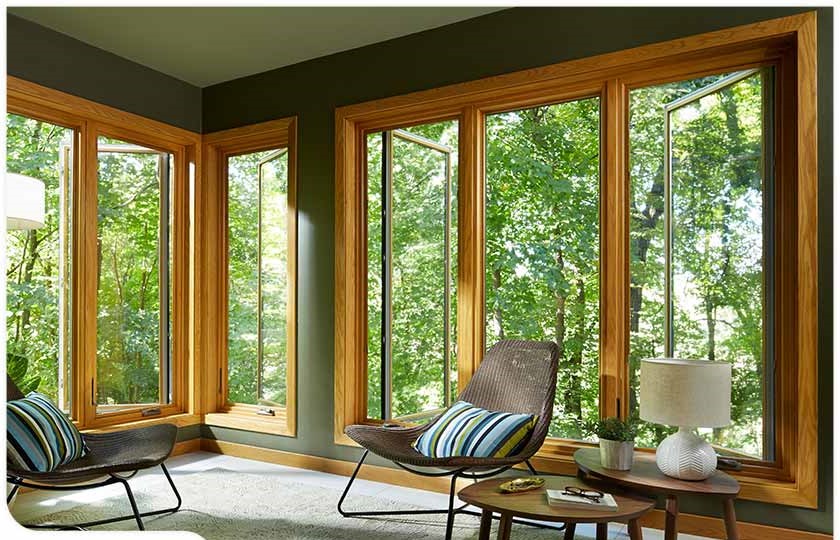In today’s modern world, where homes are often tightly sealed and reliant on mechanical systems for ventilation, the importance of natural ventilation cannot be overstated. Natural ventilation refers to the process of utilizing outdoor air movement to provide fresh air and regulate indoor temperature and air quality. It offers a range of benefits for both the occupants and the building itself. In this article, we will explore the benefits of natural ventilation and how it can enhance the overall comfort and well-being of your home.
Improved Indoor Air Quality
One of the primary advantages of natural ventilation is its ability to improve indoor air quality. Indoor spaces can accumulate pollutants such as volatile organic compounds (VOCs), odors, and excess moisture. Without proper ventilation, these pollutants can lead to a range of health issues, including allergies, respiratory problems, and discomfort.

By allowing fresh outdoor air to enter and stale indoor air to exit, natural ventilation helps to remove pollutants and maintain a healthier indoor environment. It promotes the circulation of fresh air, dilutes and removes contaminants, and reduces the buildup of moisture and condensation, preventing the growth of mold and mildew.
Cost Savings
Another significant benefit of natural ventilation is the potential for cost savings. When properly designed, natural ventilation systems can reduce the reliance on mechanical cooling and ventilation systems, resulting in lower energy bills. Like the article? We also recommend reading about Window Treatments.
By harnessing the natural flow of air, you can take advantage of cool breezes during the summer, reducing the need for air conditioning. Opening windows strategically and using features such as cross-ventilation can create a pleasant airflow that helps cool the indoor space naturally.
In colder months, natural ventilation can also be beneficial. By opening windows in strategic locations and utilizing the stack effect (where warm air rises and escapes through upper openings, drawing in cooler air from lower openings), you can create a natural flow that helps regulate indoor temperature and reduce the need for heating.
Enhanced Comfort and Well-being
Natural ventilation plays a crucial role in creating a comfortable and pleasant living environment. Fresh air can make a significant difference in the overall comfort and well-being of occupants. It helps regulate humidity levels, reduces stuffiness, and eliminates odors, creating a more inviting and enjoyable space.
In addition to physical comfort, natural ventilation can also have a positive impact on mental and emotional well-being. The connection to the outdoors and the ability to experience natural elements, such as the sound of rustling leaves or the scent of flowers, can promote relaxation and a sense of connection with nature.
Environmental Benefits
Natural ventilation is not only beneficial for individual homes but also for the environment as a whole. By reducing the reliance on mechanical systems, natural ventilation helps to lower energy consumption and carbon emissions.
The use of natural ventilation aligns with sustainable practices by utilizing renewable resources (fresh air) and minimizing the need for artificial cooling or ventilation. It is an eco-friendly approach to maintaining a comfortable and healthy indoor environment.
Design Flexibility
Natural ventilation offers design flexibility, allowing for a range of architectural features and strategies that can optimize airflow and comfort. Features such as operable windows, skylights, and atriums can be incorporated into the design of a home to promote natural ventilation.

By considering the orientation of windows, prevailing wind patterns, and the layout of rooms, architects and homeowners can create spaces that maximize the benefits of natural ventilation. This design approach not only enhances the functionality of the home but also adds aesthetic value and promotes a connection with the natural environment.
Conclusion
Natural ventilation is a valuable asset for any home, offering numerous benefits for both the occupants and the environment. By harnessing fresh air, natural ventilation improves indoor air quality, reduces energy consumption, enhances comfort and well-being, and provides design flexibility.
Whether through strategically placed windows, ventilation openings, or architectural features, incorporating natural ventilation into your home can have a significant positive impact on the overall livability and sustainability of the space. Embracing natural ventilation is a step towards creating a healthier, more comfortable, and environmentally friendly home.
